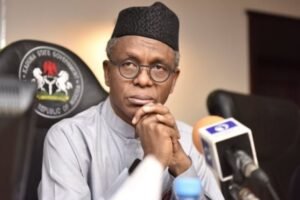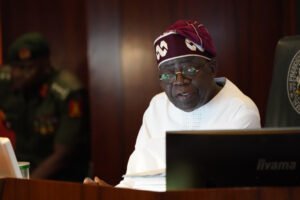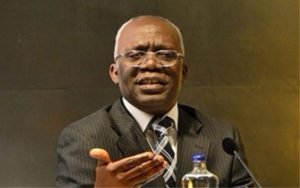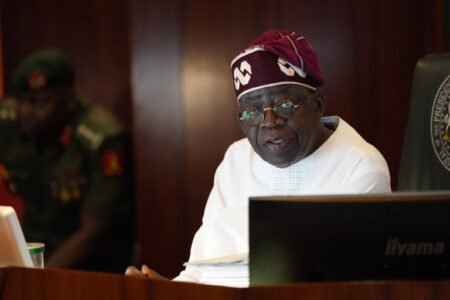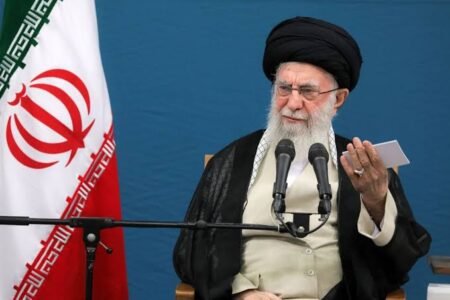The House of Representatives on Tuesday, asked the Federal Government and the Academic Staff Union of Universities (ASUU) to return to the bargaining table as soon as possible to resolve the ongoing conflict that prompted the union to declare a two-week warning strike.
The House’s determination came after the member representing the Badagry Federal Constituency of Lagos State, Oluwaseun Whinghan, filed a motion of urgent public interest in plenary.
ASUU initiated a two-week warning strike on Monday, citing the Federal Government’s alleged failure to address long-standing issues such as the execution of the 2009 ASUU-FGN Agreement, revitalization financing, earned academic allowances, compensation structure, and institutional autonomy.
Before the strike began, the Minister of Education, Dr. Yusuf Sununu, assured that the President Bola Tinubu administration was in the last stages of negotiations with ASUU to resolve all remaining issues.
Moving the motion, Whinghan voiced profound concern about the resumed strike, noting that such industrial actions have traditionally resulted in lengthy shutdowns that disrupt academic calendars, hinder research, and exacerbate the displeasure of students, parents, and lecturers alike.
“The House notes that although ASUU has described the strike as a warning, previous experiences show that these actions often degenerate into extended work stoppages,” he said.
“We are aware that the Nigerian university system remains central to national development, innovation, and human-capital growth, and that any disruption weakens the country’s competitiveness, scientific advancement, and youth productivity.”
He went on to say that education is constitutionally recognized as a major driver of social and technological progress under Section 18 of the 1999 Constitution (as amended), and that both the Federal Government and university unions have a joint responsibility to ensure its continuity and quality.
